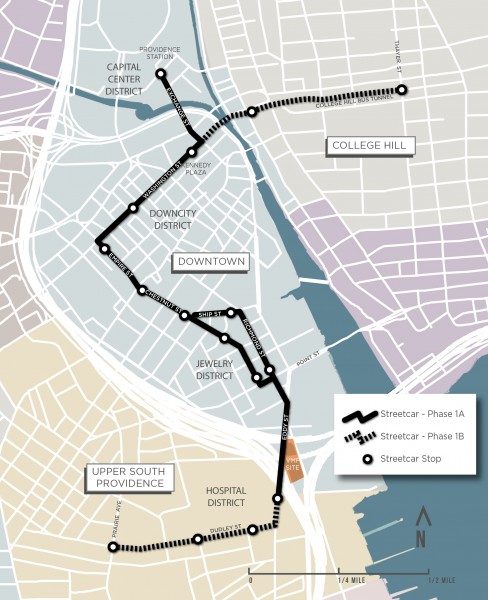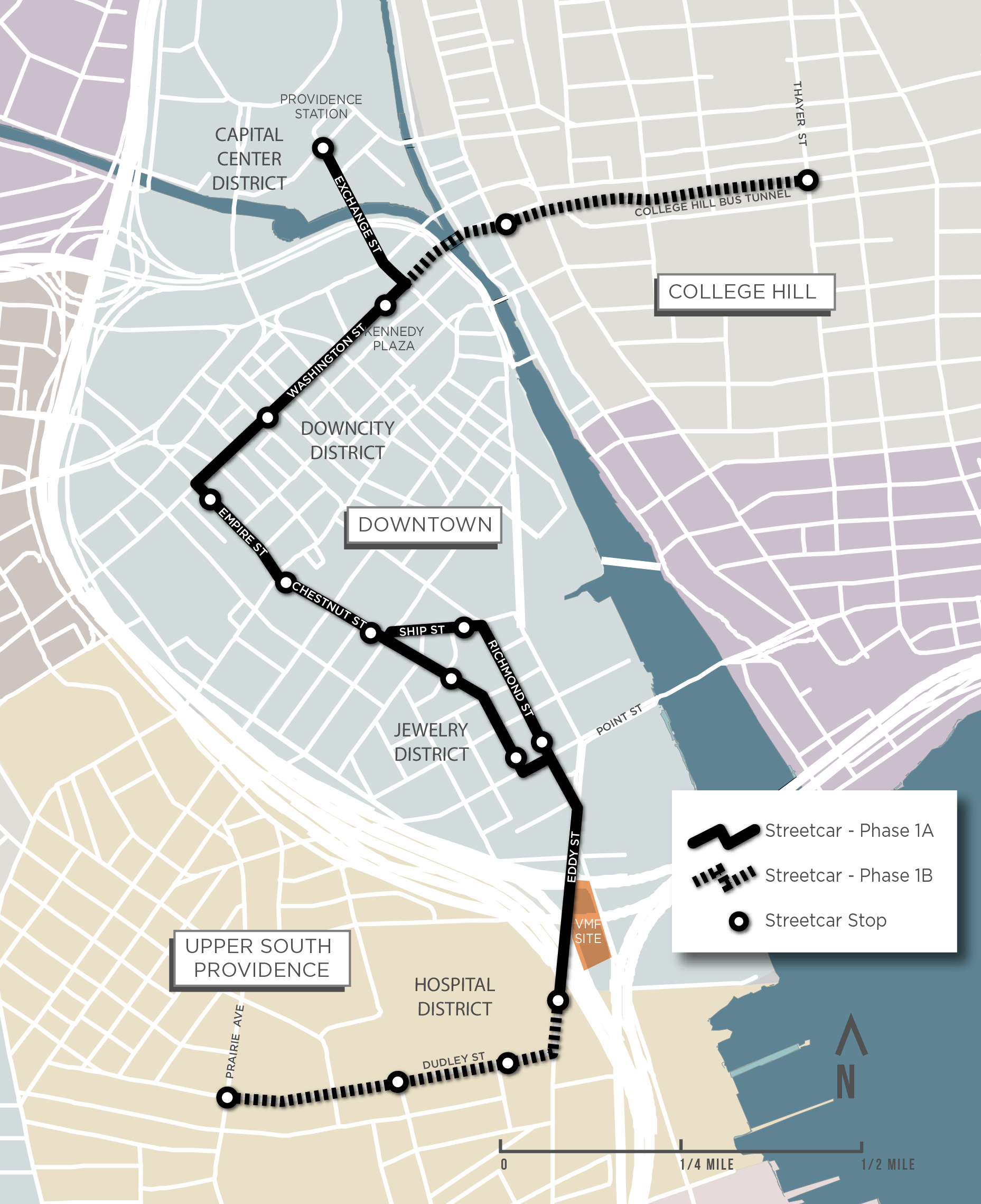
I admit, I had to look up the “millennial generation” to determine whether I fit in. A brief search reveals that the grouping is wide (1982-2000 give or take), and not clearly defined by a monolithic shared experience. We millennials certainly do not have the hefty experience of World War II to bind us, nor do we have the post-war upheavals in this country and the formerly colonized world in the 1960s and 70s, largely curtailed by counter forces (police and military efforts, the introduction of crack and subsequent drug war, cultural shifts towards capitalist materialism) by the time we were born. One could argue we all arrived at adulthood in the age of September 11th and the subsequent “war on terror.” Others argue that we “boomerang” back in with our parents after college due to few job opportunities, stagnant wages, rising costs, and our alleged laziness. A compelling event, movement, change, or war has yet to be offered to unify our so-called generation.
I find it hard to imagine that I have enough in common with someone born in the mid-1990s to constitute any sort of serious bond, but I will acknowledge, as politicians do time and again to win elections, we shall inherent our world – this country and especially the cities most of us live in. The new mayor of Providence, being relatively young himself, and a son of Guatemalan immigrants (appealing to millennials’ alleged open-mindedness about race) has taken his place in a line of political descendants of Obama looking to cash in on our political allegiance. I was in fact prompted to look into my generational coding after hearing of the mayor’s “Millennial Task Force,” a group of young professionals, selected as ambassadors of the administration to city residents from their generation. I decided to see what the “Force,” and the mayor’s administration, had on offer for those of us who will inherit this city.
Being a community organizer in Providence for the last four years made me skeptical of any promises or policies coming from Mayor Elorza and his team. From curbing police overreach, harassment, and violence, to affordable housing provision, and reversing trends towards gentrification, especially in the mayor’s old neighborhood, the West End, Elorza’s campaign and early administration failed to impress. Indeed, many of the long-time Providence residents with whom I organize vocally criticized what they saw as a campaign run by and for the affluent, predominantly white, East Side. Especially following the transmutation of the separate Brett Smiley and Elorza campaigns into one, proclaimed as the only way to defeat former mayor Buddy Cianci, city dwellers on the other side of route 95 saw a power grab that would not be to their benefit.
Besides a commitment to the “arts,” very loosely defined, Elorza’s major policy initiatives since taking office have been: a streetcar line running between Brown University, downtown and the hospitals in Upper South Providence, tax break agreements for developers looking to build and operate in the vacant land formerly occupied by route 195, and a receivership program, touted as a way to clean up and occupy all 500 or so vacant, nuisance properties dotting the city.
Arts festivals and so-called “development through the arts” appeal to many millennials as a public subsidy for their chosen careers – self-employment as consultants, entrepreneurs, and artists. These “careers” were originally subsidized by parents with financial means, degrees from preeminent colleges (of which RISD and Brown University are examples), and the privileges of being young and most often white. Now, there are indeed many young artists, largely of color, who grew up in this city, who participate in dynamic arts organizations based in the city and who have stories to tell and work to showcase that truly do represent Providence. Yet, the question lingers – who will benefit from the mayor’s commitment to arts development? From my experience at the Millennial Task Force’s open house in July, the field seems dominated by transplants brought to the city by Brown or RISD who have “decided” to make Providence their home and playground. Like Mayor Elorza himself claims to be, there are quite enough dynamic, artistic and incredible young people born and raised here. The mayor’s policies leave them with a choice between competing with transplants and the disproportionate credit and opportunity granted them by city hall, or pursuing their futures outside of Providence.
The streetcar proposal, the promotional materials for which claim to “attract 1,500 new city residents over 20 years,” was the topic of much gushing at the Millennial get together. I heard things as superficial as a streetcar is simply more “glamorous” than a bus, to even more suspicious claims that the streetcar could “unite different neighborhoods” across Providence. Superficiality dominated when it came to the ideas scrawled on stickies and posted to the boards around the room, with ideas like more gyms, a downtown grocery store, better lighting on downtown streets, and tiny houses. Not only are these ideas superficial and disconnected from the political-economic reality of most of the city’s residents, they are also extremely self-centered. The gyms are designed to feed the exercise culture of the young professional class, not make the city population in general healthier (plenty of poor people from around the city already hit Planet Fitness and seem to be doing fine there). The downtown grocery store is for the convenience of that tiny sliver of the population who can afford to live in downtown’s luxury and exorbitantly priced lofts and apartments. Lighting in the area is for those same young professionals’ running routes, and hints at the underlying race and class-based fear of criminal elements. Tiny houses are only for those who have the privilege to choose the type of house they’d like to live in; I heard little to nothing about those with no shelter at all. Are these “tiny houses” for them? Shouldn’t they have access to regular-sized houses?
Besides a commitment to “glamor” over policies and projects that would address material inequities in housing, policing, wealth, and transportation, we have the suspicious undercurrent of a desire to “unite” Providence’s different neighborhoods. Elorza indeed ran under the banner of “One Providence.” But we have never been “One Providence.” Since the city’s inception, through slave trading and race riots, to neoliberal development projects that subsidize the profiteering of wealthy developers, there has always been many Providences. For those millennials I heard saying they want to learn more about those newly discovered neighborhoods not on the East Side, I say, where you buy your over-priced groceries used to be the Cape Verdean and African-American part of town. Perhaps a history lesson, rather than a streetcar, would help you connect without ever having to leave the comfort of College Hill. If one rode RIPTA, despite its lack of glamor, they would see the homage to Snowtown and Hard Scrabble on the bus shelter in front of University Plaza. One has to question how and why these millennials want to “unite” neighborhoods, or “connect” with people in other parts of town? Without a deep historical and political understanding of what has driven change in every Providence neighborhood, and a commitment to those unglamorous political and economic realities that drive neighborhoods and potential neighbors apart, I would encourage people to stay right where they are.
Never in all of the pandering for the streetcar did I hear mention of its cost, until someone asked, condescendingly, “well, what else should they do with that money?”(over 100 million initially and over 3 million annually for operations). When I responded, “they could support affordable housing,” the retort was even more patronizing. “Well they’re not going to do that.” It is as if the political imaginations of members of the generation anointed to inherit the city begin and end with the platforms of slick, compradore politicians like Obama and Elorza, who tout their backgrounds and wave glamorous slogans and promises, along with a “pass” on racism in exchange for some cheerleading and a vote. My response to that millennial debutante is that they’re not “going to do that” because people like you will drink the Kool-Aid and get on the streetcar to nowhere, all the while shaking hands and agreeing with suits in city hall hoping for that city job in the office of Sustainability.
I went to this open house hoping to hear the analysis, vision, and yes, criticisms, of those in my so-called generation. Instead, I was confronted with a gaggle of yes men and careerists, who apparently had not been confronted with the political realities of Elorza’s trickle-down economic policies or his dismissal of structural racism in policing, housing, and transportation in the city and state. Or, if they had directly experienced the realities of these things, saw their only way out as pandering to a machine like the Elorza administration. Admittedly, some of these young people see rising through the ranks and following in Elorza’s steps as a means to raise up their whole communities; a noble and honest naivete I cannot ascribe to many of the other, predominantly white Brown and RISD grads in the room.
To those like the pithy stranger who wanted me to accept the profiteering and tired politics of men like Elorza and those “networking” the room for a cushy job, I say – please, respond to this polemic, try and defend your positions and ambitions, and watch as your edifice falls. To those genuinely interested in the better living of everyone in Providence, the city’s children, who have lived the brutal realities of policies like Elorza’s for two decades or more – organize, learn from your own and others’ experiences, join the fights being waged by experienced, committed organizers and organizations in this city. Refuse to limit yourselves to success as defined by Elorza and his “healthy gentrification” ideology sanctioned by Harvard Law School.
In the past, millenarian social movements against colonialism would struggle under the spiritual banner of a new coming, an apocalypse or sea change in the way of things. Let’s be a generation more like our millenarian forebears, who labored under domination, but dared to dream so far beyond the borders of their colonizers’ imaginations, that they tore the world open, and wrought a new one, with nothing but their hearts, dreams, and commitment to each other.


Deprecated: Function get_magic_quotes_gpc() is deprecated in /hermes/bosnacweb08/bosnacweb08bf/b1577/ipg.rifuturecom/RIFutureNew/wp-includes/formatting.php on line 4387
Deprecated: Function get_magic_quotes_gpc() is deprecated in /hermes/bosnacweb08/bosnacweb08bf/b1577/ipg.rifuturecom/RIFutureNew/wp-includes/formatting.php on line 4387
Deprecated: Function get_magic_quotes_gpc() is deprecated in /hermes/bosnacweb08/bosnacweb08bf/b1577/ipg.rifuturecom/RIFutureNew/wp-includes/formatting.php on line 4387